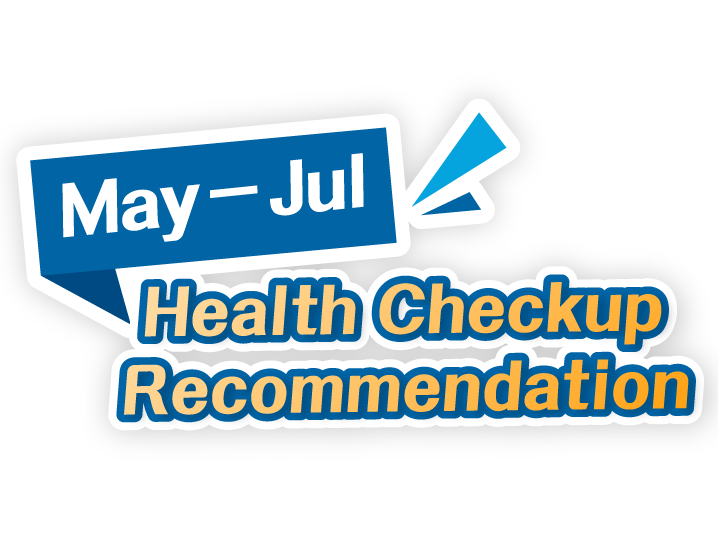The MMR vaccine is one that protects us against 3 major illnesses – measles, mumps, and rubella. Since its development in 1968, it has become commonplace all over the world to give this vaccine to young children and adults to protect them against these illnesses.
The CDC recommends that people get MMR vaccine to protect against these illnesses and today we want to talk about what the vaccine covers and who should be getting it.
Before we talk about the vaccine let’s take a moment to discuss the illnesses themselves and what they do to our bodies. Measles is a very infectious virus that is spread through sneezing and coughing. This virus causes many unpleasant symptoms, the most prominent of which is red itchy blotches all over the skin of the body. If you get infected with measles you will likely get a rash, sore throat, itchy eyes, runny nose, a headache and more. Measles can last for Ip to 10 days, and while most cases go away by themselves – there are more severe cases where the victim develops meningitis and can even die from this illness. The complications of measles are far more common in children under the age of one as well as those who have a weak immune system. 1 in 5000 people can die from measles; which is why protecting against this virus is vital for our children.
Mumps is a viral illness much like measles that is spread through coughing and sneezing. The most common symptom of mumps is large lumps forming in the side of the neck due to the swelling of our salivary glands. This can be indrevilu painful and tender; and those who have mumps should not go out and contact other people while they are infected with this illness. Mumps lasts for around 2 weeks and they can also cause symptoms such as fever, headaches, nausea, sore throat, and joint pain. The complications that come with mumps include swelling in other parts of the body such as the head, spinal cord, and muscles. The danger here is that if the swelling reaches the spinal cord it can cut off contact from the brain, leading to brain damage and death. Most mumps cases occur in young adults.
Rubella is sometimes better known as German measles, and it is a viral infection just as the other two. It is a rare illness in the UK due to the success of the MMR vaccine, but if you do contract it, it can be dangerous and deadly. Rubella is mild for most people and consists of itching, redness, and fever. Many people recover within 10 days from this. However, some cases are more severe and this is incredibly dangerous for women who are pregnant. A pregnant woman runs the risk of giving birth to a child with severe defects, or the child not making it to full term at all. Many children born after their mother was infected have cataracts, deafness, heart problems or brain damage.
The MMR vaccine is a single injection that contains weakened forms of three different viruses. When looking at who should be taking the MMR vaccine, we should first start with the most vulnerable people of all: children.
Children will be given the MMR vaccine as young as 12 months old as this is when these illnesses can be most deadly to us. A child will be given 2 doses of the vaccine, and after the initial dose this can be given after 28 days or you can wait until the child is around 4 years old.
If a teenager or a young adult has not been previously given the vaccine for MMR; they are more susceptible to these illnesses and this can spell danger should they become infected. If you have not been given the MMR vaccine for whatever reason, you should contact your GP as soon as you can and book yourself in.
It is incredibly important for a woman once she reaches childbearing age to take the MMR vaccine before getting pregnant. This will ensure that they are less likely to contract Rubella and face some serious complications during pregnancy.
If you have not had the MMR vaccine as an adult, it is important to consider doing this to give you some immunity to these illnesses. Although they will be more dangerous in younger folk and those with a compromised immune system, all people should have the vaccine to protect themselves as well as protect those around them.

